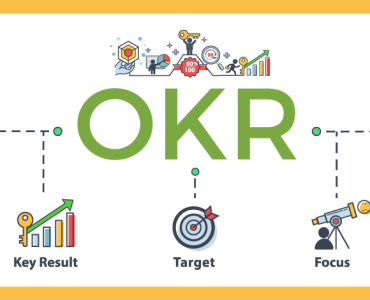
OKRs are important for a business to achieve the objectives they desire to achieve within a particular time-frame. OKR is a robust methodology that enables the business to gauge its performance periodically and stay in line with its overall business objectives. This article deals with frequently asked questions related to the following broader features of...

Key Guidelines for setting OKRs Company’s and CEO’s strategic Objectives and Key Results are defined All departments make their own OKRs in alignment with the CEO objectives—the OKR procedure works best when it draws on capability at each stage of the association to help the company win Gather feedback from teams and allow for iterations...

Introduction In this fast paced world, it has become more than essential for organizations — small or large — to have a defined strategy and accountability to ensure that all teams are aligned and focused on a common goal. For a company to operate in an agile environment, team members need to be empowered to...

Here are some useful tips for effective employee goal-setting that are crucial for improving employee performance: Align employee goals with business objectives Identify competencies needed to accomplish the goals Collaborate with employees to set goals, identify resources needed Set Specific-Measurable-Actionable-Result oriented-Time bound goals Set goals that are challenging yet attainable Regularly monitor progress and help...